Kongo. One of the major linguæ francæ spoken in Central Africa. Monokutuba, Kikongo ya Leta and Kituba are three variants of one and the same language that some specialists call Kongo. This grammatical dictionary contains detailed explanations which show both the similarities and the differences between the three dialects. This book – both a dictionary and a grammar, and the very first of its kind – is the result of more than twenty years spent in the two Congos as well as with the Congolese diaspora in Europe.
Kongo is a somewhat academic and linguistic term. Those who speak the language themselves call it Monokutuba, Kikongo ya Leta, Kituba, or just plain Kikongo, although this should not be confused with Kikongo proper, which is a separate though related language.
The Kongo speech area extends from Pointe Noire on the Atlantic coast of the Republic of Congo to the eastern part of the former province of Bandundu in the DRC, a distance of more than a thousand kilometres. It is therefore not surprising that differences have been created between the variants of the language spoken at the two extremes of this vast area, especially since a linguistic “island” – that of Kinshasa Lingala – is located in the middle.
The three main centres of the language, with the name that its speakers themselves give to the language they speak, are:
Kikwit – where people call their language Kikongo, although speakers of “real” Kikongo often refer to it as Monokutuba, a pejorative term that means “Me Speak”, with the implication that it is a creole. This is not entirely incorrect, but all the great linguae francae of world history have been creoles in some way or another, simplified versions of a more complex ancestor. We can mention French, which has lost the declensions of Latin, or Greek koïné, the language in which the “New Testament” was written, which has been greatly simplified compared to classical Greek.
Matadi – where people refer to their language as Kikongo ya Leta, the state language, heavily influenced by Lingala and Kiyombe.
Pointe Noire – where the variant is called Kituba, spoken throughout the western part of the Republic of Congo, as well as in part of the capital, Brazzaville. Kituba has absorbed large numbers of Lari words.
This dictionary – and its Lingala companion – uses a ground-breaking new system to help learners with some of the difficulties that learners of Bantu languages often face. These are some of the innovative and original features of our books:
<p class="
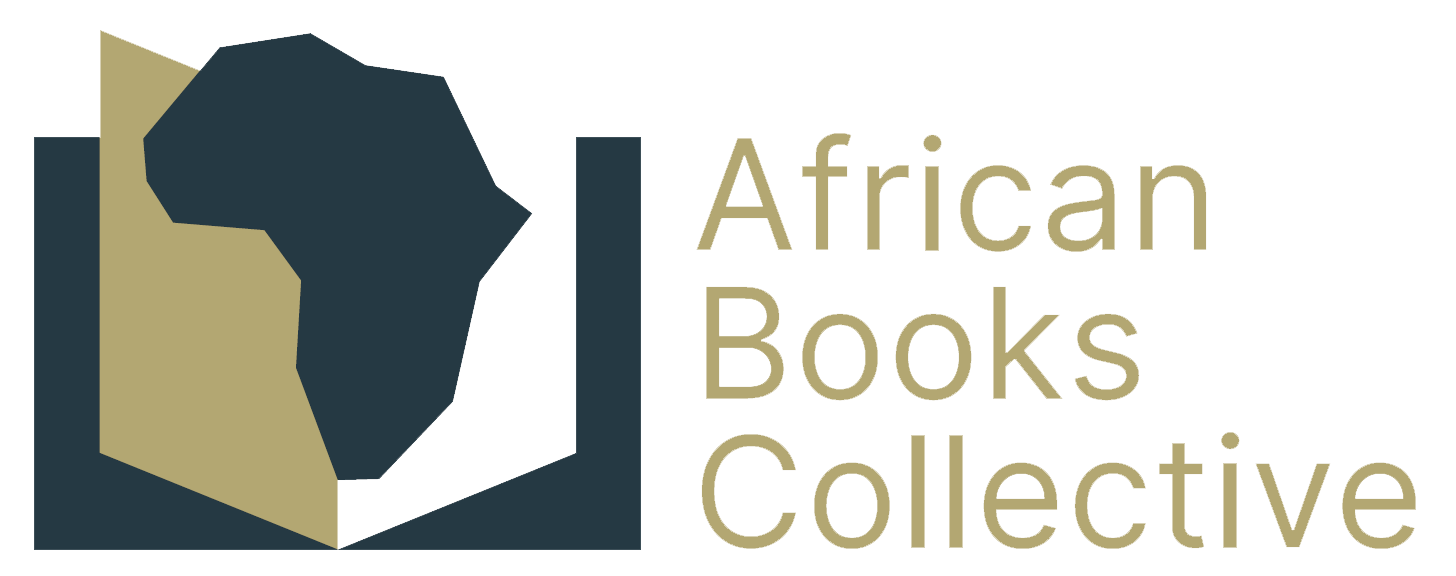
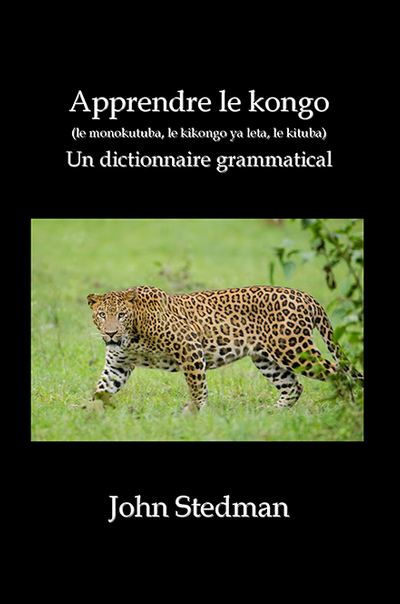
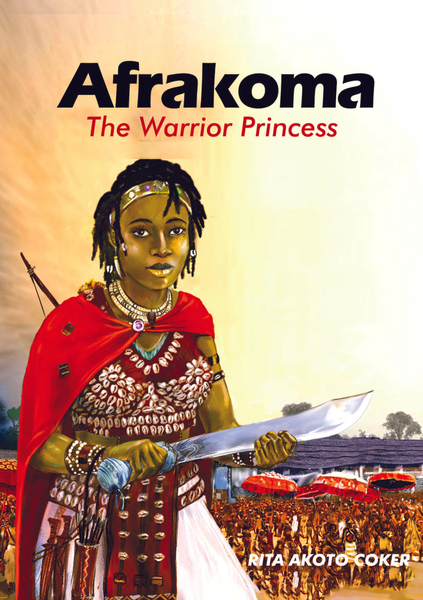
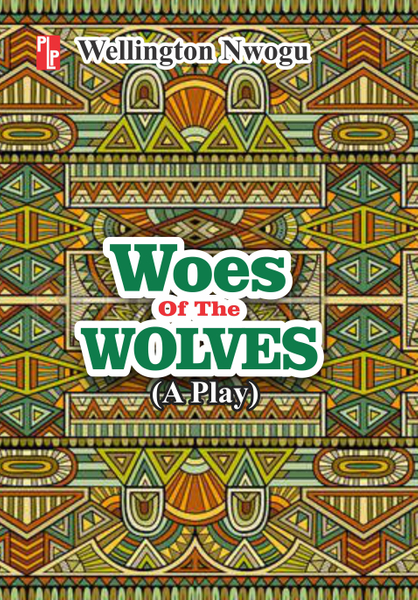
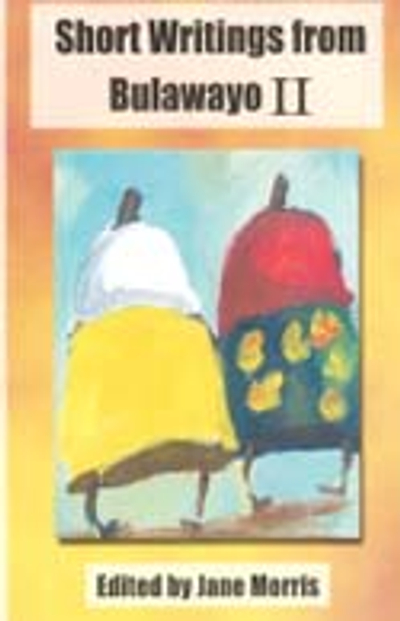
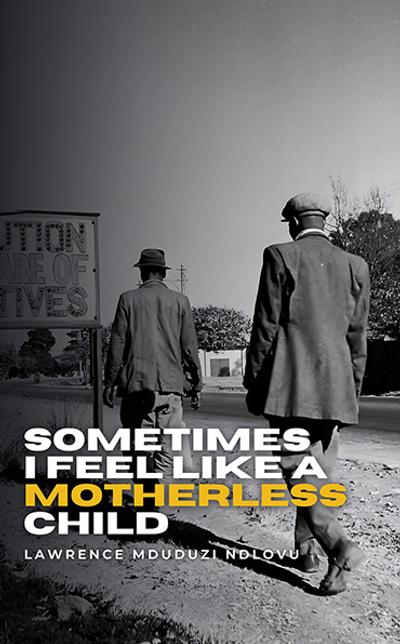
Reviews
There are no reviews yet.